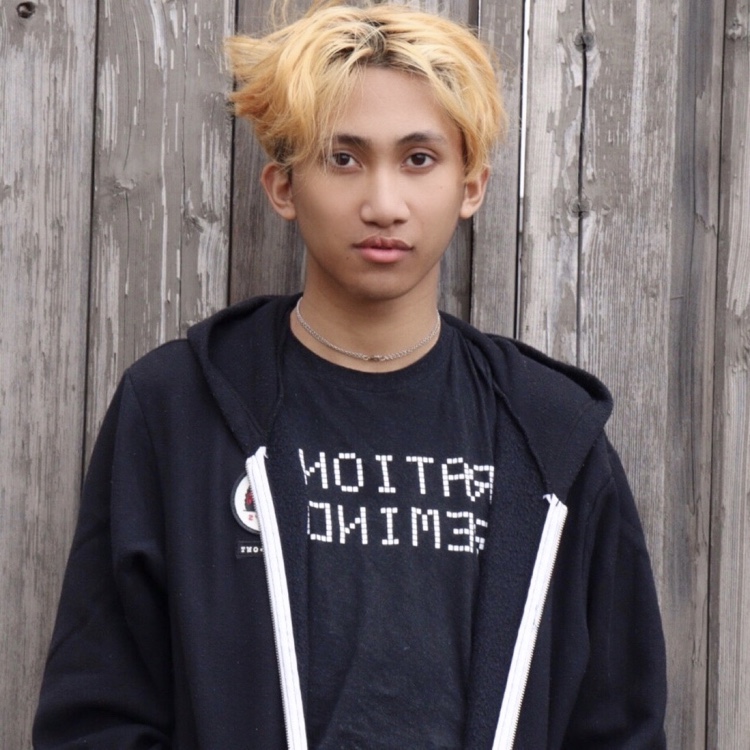Asian racism been given ammunition through movies

Growing up watching films like The Goonies or Star Wars, I noticed the similarities that every Asian character had: we were always portrayed as the mathematician or Kung Fu experts expressing exaggerated interchangeable Asian characteristics.
There are many cases where Asians are framed as a funny caricature in film, when in reality, it is a blatant depiction of racism and ignorance to the Asian culture. Take the 1961 movie Breakfast at Tiffany’s, where the character Mr. Yunioshi talks with a broken English accent to mock Japanese people.
As an Asian myself, I know this isn’t an injustice that showed up only after a shooting in Atlanta on March 16, 2021, intended to kill Asian folks — it has been perpetuated through the media for years, mainly through the portrayal of Asians in film.
Racism against Asians has been filmed and broadcasted for the world to see for decades. Asian characters have often been reduced to nothing but comedic punchlines or stereotypes. Filmmakers have also used Caucasian actors for Asian roles.
Actresses such as Scarlett Johansson and Tilda Swinton are living and breathing proof of this. Johansson starred in the live-action film of a Japanese manga series called Ghost in the Shell and Swinton played an originally Asian character in the 2016 film Doctor Strange.
The surge of Asian racism, however, has sparked the long-overdue conversation about the discrimination and stereotypes given to Asians.
I feel the anger and rage that the Asian community feels in this awakening of injustices towards Asians. I immigrated when I was just five years old from the Philippines to Canada. I had to learn a whole new culture, a language and adapt to a new environment like many of my Asian brothers and sisters — something others can’t say they’ve been through.
Yet, films and TV shows have often perpetually portrayed us as illiterate, diseased-filled people or undesirable school nerds — all stereotypes which have been put in place to negatively affect how Asians culture is perceived.
Julia Tsoy, a member of the board of directors at Algonquin College, sees a lot of problems with how Asians are portrayed.
“Above all, I believe Asians are not portrayed enough in the media,” said Tsoy. “However, when they are, some are positive, but most times negative.”
A lot of Asian hate has been given ammunition through film culture, because for some reason, Hollywood can’t seem to tear itself away from fitting all Asians into one time-worn box.
“The media often perpetuates certain stereotypes surrounding the Asian community which has been integrated into society,” said Tsoy. “Negative stereotypes include assumptions like ‘all Asians are good at math,’ and a recent problematic one surrounding COVID-19 and the ridiculous affiliation that the virus involves all Asians.”
Asian stereotypes have played a major role in perpetuating racism towards Asians and how they are treated by others in society.
Tsoy says she has been on the receiving end of that racism in real life.
“I was labeled by certain stereotypes and faced racism ever since I was a kid,” said Tsoy. “I got bullied for my appearance, starting at a time where it was difficult for me to understand why, and that continues from time to time.”
From when she was a child to present-day, Tsoy still continues to experience racism and discrimination that has been encouraged by those creating the false narrative that COVID-19 is significantly related to every Asian.
“Occasionally, strangers at concerts or at work would come up to me and say ‘nǐ hǎo’ out of the blue,” she said. “Or at the beginning of COVID-19, I walked onto a full bus and I stood within this woman’s vicinity. She glared at me and proceeded to immediately put a mask on. The stereotypes portrayed in the media reflect onto real life.”
There are many decades of produced racism towards Asians, and it will take decades more to undo the pain it has caused.
In 2020, the Korean film Parasite won best picture at the Oscars, making it the first foreign-language film to win in that category — a major milestone for Asians.
However, as any persevering Asian knows, the journey to equality for Asians has a long way to go.








